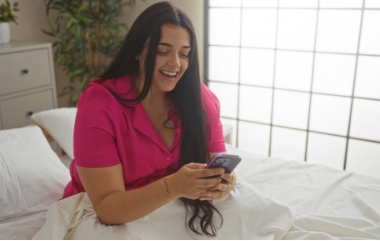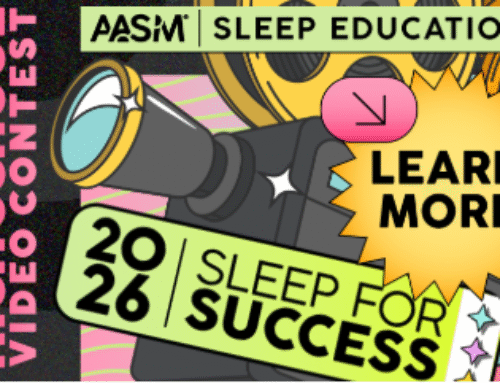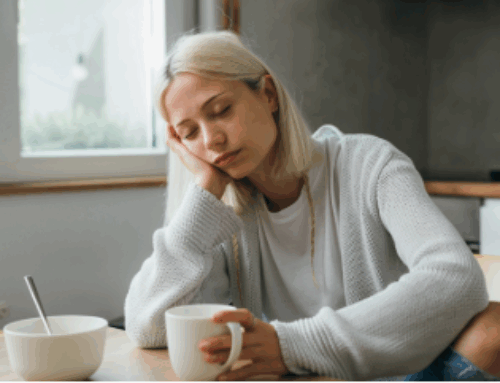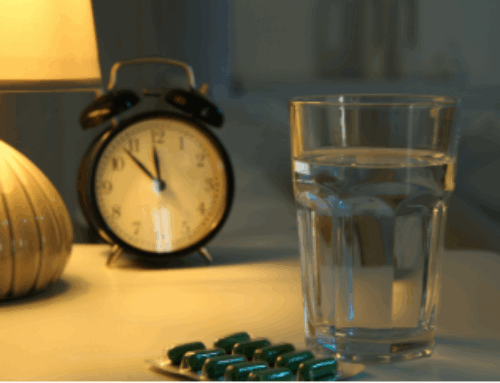Social media has become a go-to source for lifestyle trends, and sleep habits are no exception. According to a 2024 survey by the American Academy of Sleep Medicine (AASM), 37% of Americans have tried at least one viral sleep trend.
One of the most talked-about trends is “bed rotting,” where people stay in bed for extended periods — sometimes the entire day — doing activities like reading, watching TV or scrolling through their phones. The goal? To feel more rested and rejuvenated. Nearly a quarter (24%) of Gen Z admits to trying it out.
While bed rotting might seem refreshing, it can actually disrupt your circadian rhythm and sleep cycle. Spending all day in bed may prevent you from getting morning light, which is crucial for regulating your internal clock and maintaining healthy sleep patterns.
Additionally, when you engage in wakeful activities in bed, it can become harder to fall asleep because your brain no longer sees the bed as a place just for rest.
By sticking to healthy sleep routines — like having a set bedtime and wake-up time, and only going to bed when you’re actually tired — you reinforce the idea that the bed is meant for rest. This makes it easier to fall asleep and stay asleep.
Another popular sleep trend includes “natural sleep aids” such as magnesium drinks, often dubbed the “sleepy girl mocktail.” According to the AASM’s survey, 9% of people have tried the drink.
There isn’t solid scientific research supporting the mocktail. While ingredients like magnesium have some research backing sleep benefits, the drink itself is more of a social media trend than a scientifically validated remedy.
Another viral hack suggests that drinking lettuce water before bed could help you fall asleep faster. The drink is thought to have sedative qualities thanks to a compound found in lettuce called lactucarium. However, the concentration of lactucarium in a cup of lettuce water is likely too low to have any real impact on sleep.
Still, some are willing to try the TikTok trend. AASM’s survey found that men (10%) are three times more likely to have tried drinking lettuce water than women (3%).
Although trends like bed rotting, the sleepy girl mocktail, or lettuce water may help you focus more on your sleep, they come with possible drawbacks.
If you’re already struggling with sleep, trying out these trends might not be the solution and could even make things worse. It’s important to understand whether you’re experimenting with these sleep habits due to existing sleep difficulties, as they might actually end up worsening your sleep issues rather than improving them.
Keep in mind that while social media can be a helpful resource, it’s important to address specific sleep problems with the right solutions.
Adults should aim to get at least seven hours of sleep each night and maintain a consistent sleep/wake schedule.
If sleep remains a challenge, visit www.sleepeducation.org/sleep-center to find an accredited sleep center near you.
Medical review by Helena Schotland, MD, FAASM





